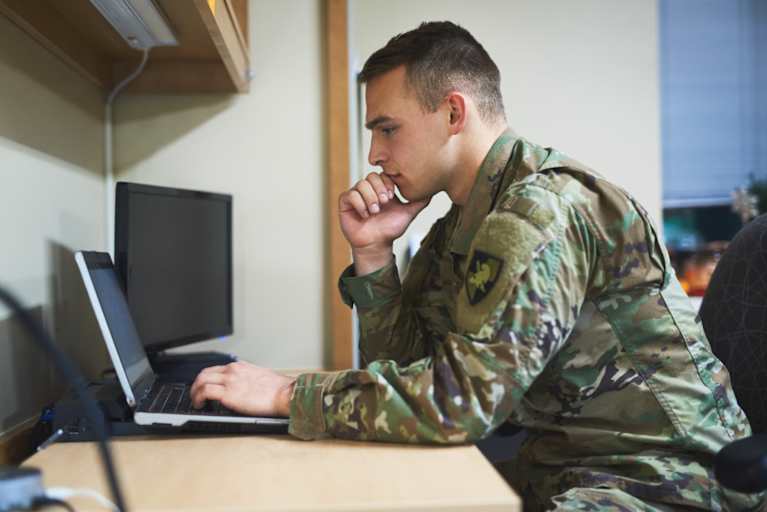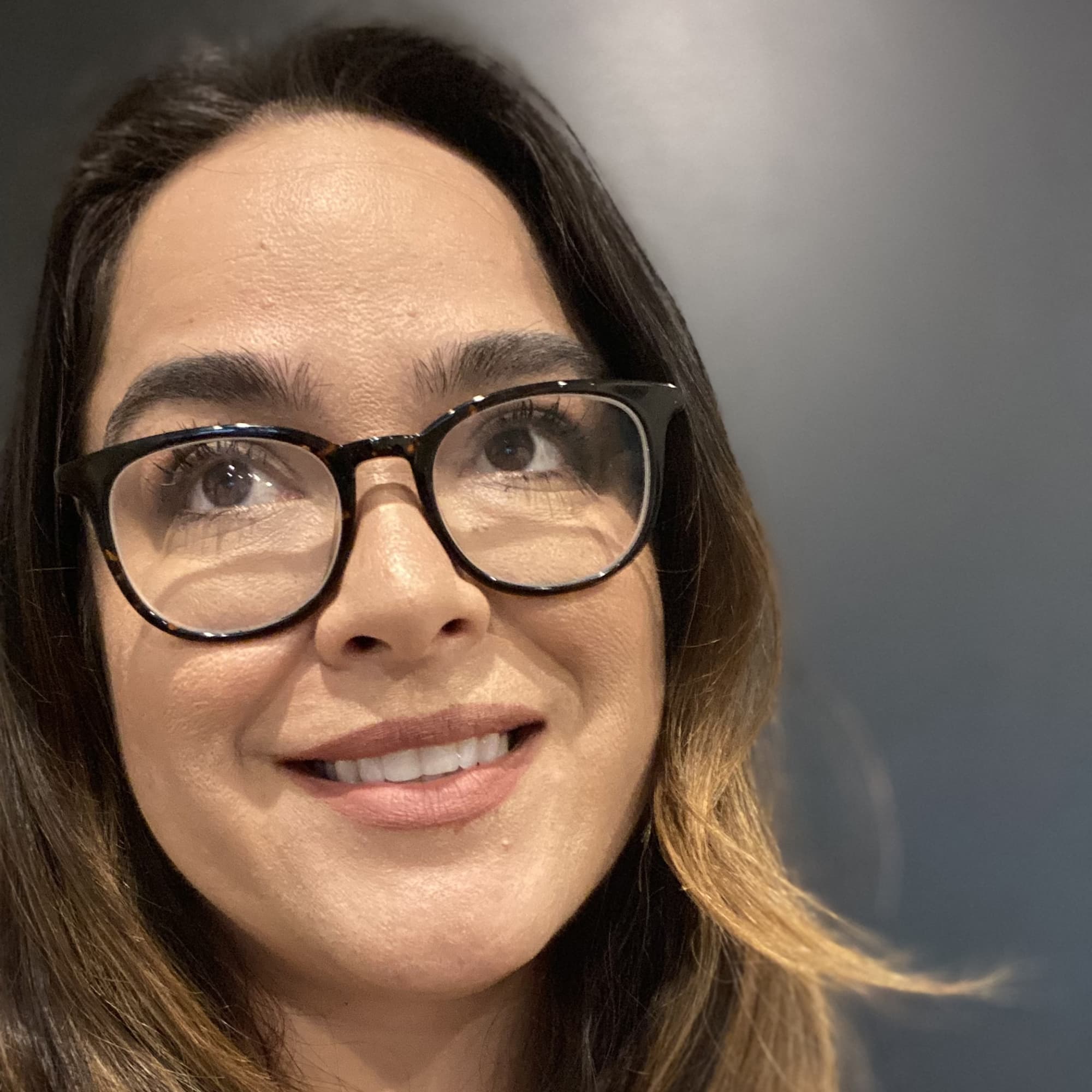How the ROTC Made Me a Better Leader
It was the summer before fourth grade when I stayed up past my bedtime to watch Saving Private Ryan.
The starting scene of D-Day and the scramble to gain leverage on Omaha Beach was the hook on the fishing line for me. I remember telling my mom that one day I would be just like those brave men and women.
Ten years later, I told my high school coach my future goals. At the time, I wanted to attend and graduate from college then join the military. My wrestling coach advised me to apply for an ROTC scholarship to continue my education. When he mentioned this, I was confused. I’d never heard of ROTC before, and learning that it could help me pay for college and secure a guaranteed job afterward sounded like a dream.
Little did I know the ROTC required a willingness and motivation to learn how to become a leader. ROTC values leadership excellence and helps instill the moral responsibilities of future officers who will one day help lead the nation. Becoming a better version of ourselves is the foundation of ROTC.
As I applied to college and the ROTC program, this mission resonated with me. It gave me a higher purpose to do more than I thought I could. But, naturally, with anything good comes challenges.
Becoming All I Can Be
The learning curve hit me during my first semester. It was a massive change going from being a regular student to learning how to properly wear my operational camouflage pattern (OCP) uniform. The military loves its abbreviations, which was a struggle for me as a new cadet. Everyone was speaking in another language of shortened words like ACU (army combat uniform), PC (patrol cap), or FLK (flak vest). Fortunately, Google was there to fire off a definition for an unfamiliar abbreviation, so I learned to understand the conversation.
The next trial I faced was learning how to stand. Easy enough, right? From sitting position to upright, and so on. In ROTC, there is always a correct way to do everything. We learned to stand at attention (which takes away the ability to look around), stand at ease (which is easier), and stand at rest (my personal favorite). When learning these standing positions, it is also best to maintain a slight bend in the knees to keep blood flowing. Next, I had to learn where to stand.
The army is highly organized and likes to micromanage every detail, so everyone has their place. The squad leader is at the front of the formation with the alpha team leader, followed by the other people in alpha team. Then it goes to the bravo team leader and their people in bravo. I am located right next to the squad leader as alpha team leader.
On top of this is learning how to lead other cadets. I was new to this and still struggled with some terms and basic know-how. Learning to be confident and show other cadets what was going on was something I was trying to apply. This provided me the opportunity to get first-hand experience of what it means to lead and to learn.
The first few months were tough. But with the help of fellow cadets and cadre I picked up tips and information, and I learned what to do as a leader in various situations. For example, during an iteration of movement, we were supposed to raid an area where a known enemy was located. We made too much noise and were spotted easily. Afterward, our cadre instructed us on how to properly raid a location and how, as leaders, we needed to keep behind our element (squad) and make sure everyone was staying on track. I also learned the importance of noise and visual discipline. This was a great support and resource that will carry with me through my career.
The biggest challenge I faced was balancing my classes at North Central College with my ROTC responsibilities. I had to worry about PT in the morning, LLAB (leadership lab), military science, and wrestling, which meant reevaluating my time and figuring out my priorities. Getting through college with a degree and leadership qualities is most important to me, so I learned discipline by structuring my time to represent those goals. What I will take away from this opportunity is learning through two different institutions: my home college and military college. This will give me more diversity in my education and knowledge, allowing me to be better prepared for my future in the army.
Conclusion
What I learned is that it is OK to not understand something. No one expects a first-year student to know all about the military or the slang used when they arrive. It is an adjustment for everyone, and everyone is learning. The point behind ROTC is to learn how to become a future leader. Strong leaders admit when they do not understand something and ask questions to learn more. What helped me understand what was going on was putting myself on the spot and volunteering for leadership positions. This gave me hands-on experience and made me feel more comfortable with the movement or training we were doing.
It’s also important to come in with a positive mindset. It boosts everyone up if you can help morale in your platoon, and they can do more for themselves and you. Applying yourself and showing eagerness to be a team leader who can overcome obstacles is important for officers in the army. With this, I am the present — a scholar and apprentice soldier enhancing my skills in the science of warfare and the art of leadership.
But I am also the future — the future warrior leader of the United States Army. May God give me the compassion and judgment to lead and the gallantry in battle to win. I will do my duty (Army ROTC).
Meet the Author

Dakota Drew is a sophomore at North Central College in Naperville, Illinois. She is pursuing a BA in sociology and expects to graduate in 2025. Dakota is also a cadet for the Rolling Thunder Battalion at Wheaton College. She participates in Cardinal First Club and assists in jobs around campus. When she isn’t working on homework, wrestling, or at ROTC, she likes to hang out with her friends and watch TV.
Explore More College Resources

Best Online Military-Friendly Colleges of 2025
What’s a military-friendly college? Learn about the benefits of attending military-friendly online colleges and how they support military personnel, veterans, and family members.

by Nalea Ko
Updated February 24, 2025



